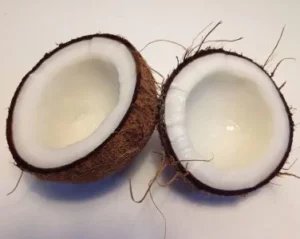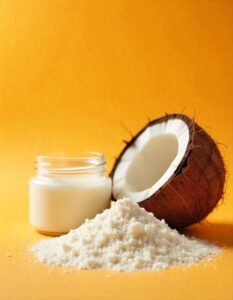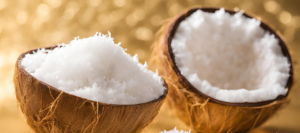Indian Coconuts: Making Waves in Global Markets

Coconuts, often associated with tropical beaches and refreshing drinks, are more than just a vacation staple. India, the world’s second-largest producer of coconuts, has been making a splash in global markets with its mature coconut and coconut byproducts exports. With its rich soil, favorable climate, and extensive expertise, India has established itself as a reliable source of high-quality coconuts. In this article, we will explore the reasons behind the success of Indian coconuts and delve into the diverse array of coconut byproducts that are exported from India.
The Secret Behind Indian Coconuts’ Success
1. Abundant and Diverse Varieties
India boasts a remarkable range of coconut varieties, each with its unique characteristics and uses. From the popular ‘Matured Coconuts’ to hybrids like the ‘Tall’ and ‘Dwarf’ coconuts, Indian farmers cultivate a wide assortment of coconuts suitable for various purposes. This diversity allows for customization according to different market requirements, enabling Indian exporters to cater to a global customer base.
2. Superior Quality and Taste
Coconuts harvested from the lush plantations across India are renowned for their exceptional quality and taste. The fertile soil, abundant sunlight, and tropical climate create the perfect conditions for coconuts to flourish. The resulting fruits are known for their firm texture, distinct flavor, and higher oil content. Indian coconuts consistently meet international quality standards, making them highly sought after in global markets.
3. Sustainable and Organic Farming Practices
In recent years, there has been a growing demand for organic and sustainably produced agricultural products. Indian farmers have embraced this trend by adopting eco-friendly farming practices for coconut cultivation. They refrain from using harmful pesticides or chemicals, ensuring that the coconuts are free from any harmful residues. This commitment to sustainable farming practices has won the trust of environmentally conscious consumers worldwide.
Exploring A World of Coconut Byproducts
While coconuts themselves are highly versatile, their value extends beyond their refreshing water and delicious flesh. India is a leading exporter of a wide range of coconut byproducts that are used in various industries around the world.
1. Coconut Oil and Its Derivatives
Indian coconut oil is renowned for its purity and exceptional quality. Cold-pressed coconut oil, extracted from fresh coconuts, retains its natural goodness and is widely used in cooking, skincare, and haircare products. Coconut oil-based derivatives like coconut flour, coconut butter, and coconut milk have also gained popularity in the health food industry.
2. Desiccated Coconut
Desiccated coconut, a staple ingredient in many baked goods and confectioneries, is another major coconut byproduct exported from India. This fine, powdered form of coconut adds a rich flavor and texture to various culinary creations, making it a valuable ingredient for chefs and bakers worldwide.
3. Coconut Fiber and Shell Products
The tough and fibrous husks of coconuts find their use in several industries. Coconut fiber, also known as coir, is used to make ropes, doormats, and even as a growing medium for plants. The coconut shell is transformed into a range of products like charcoal, activated carbon, and handicrafts. Indian exporters supply these sustainable alternatives to conventional materials, contributing to a greener planet.
The Global Appeal of Indian Coconuts

Indian coconuts have witnessed a surge in demand in global markets, with countries around the world recognizing their superior quality and diverse application. Here are some reasons why Indian coconuts are making waves internationally:
Health Benefits: Coconuts are packed with nutrients and healthy fats, making them a popular choice for health-conscious individuals. The natural properties of Indian coconuts make them ideal for the production of organic and vegan products that cater to the rising demand for healthy alternatives.
Culinary Excellence: Indian cuisine is celebrated worldwide for its flavorful dishes, and coconuts play a crucial role in these culinary delights. The popularity of Indian cuisine has fueled the demand for authentic Indian coconuts, thereby driving the export industry.
Beauty and Personal Care: With the growing preference for natural and organic products, coconut-based skincare and haircare products have gained significant traction globally. Indian coconut oil, known for its nourishing qualities, is widely used in the cosmetic industry. The availability of high-quality Indian coconuts ensures a steady supply of raw materials for these industries.
Conclusion
India’s remarkable contribution to the global coconut market showcases its ability to meet rising demands sustainably. From the fertile plantations to the diverse range of coconut byproducts, Indian coconuts have gained recognition and trust worldwide. Whether it’s in the form of coconut oil, desiccated coconut, or coconut shell products, the versatility and superior quality of Indian coconuts continue to make waves across global markets. So the next time you sip from a coconut, take a moment to appreciate the journey it took to reach you – a journey that spans continents and exemplifies the art of international trade.



